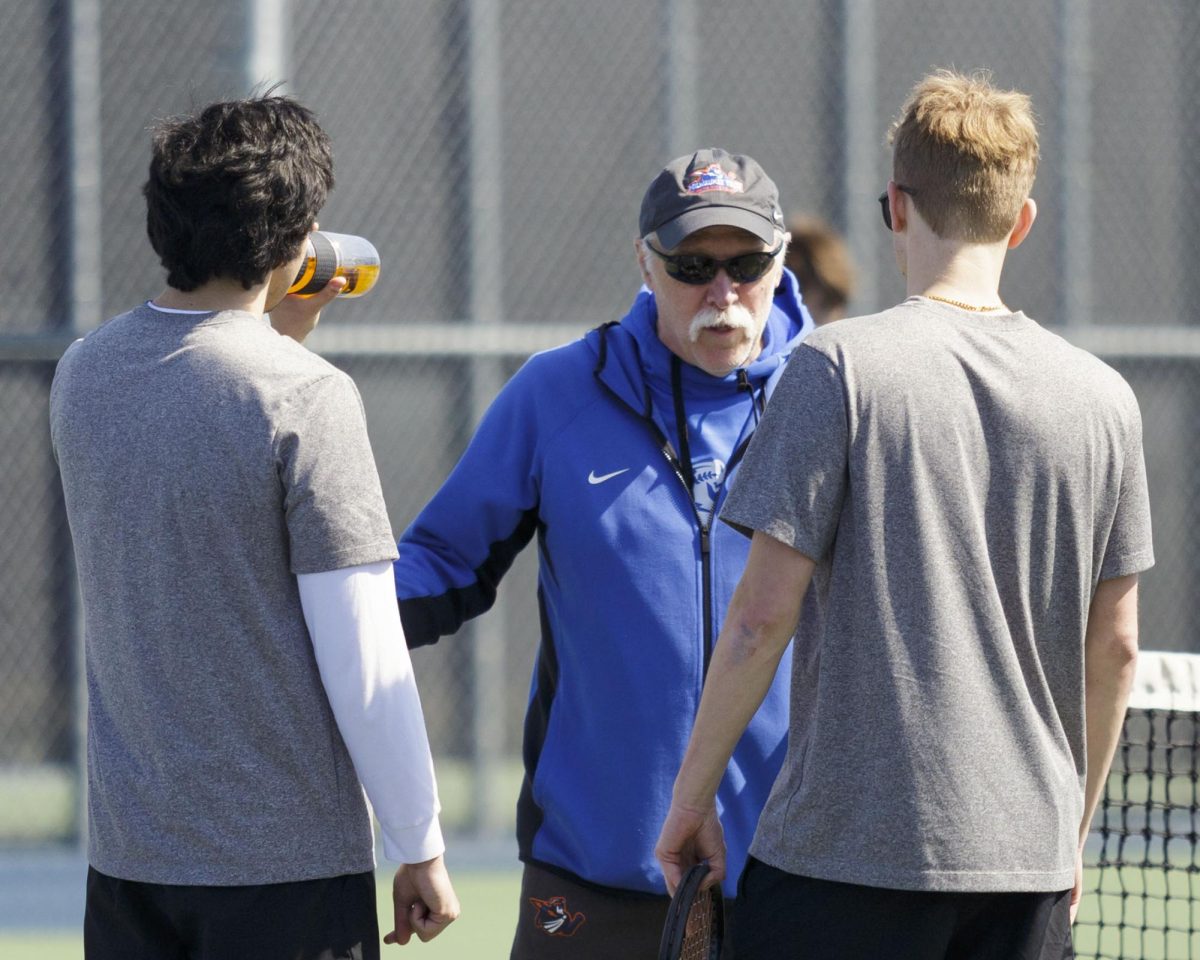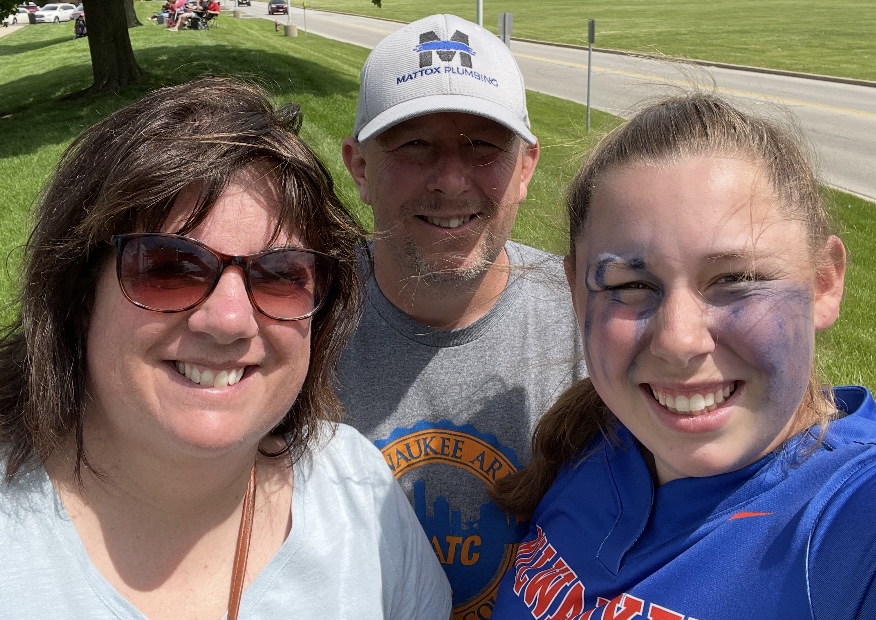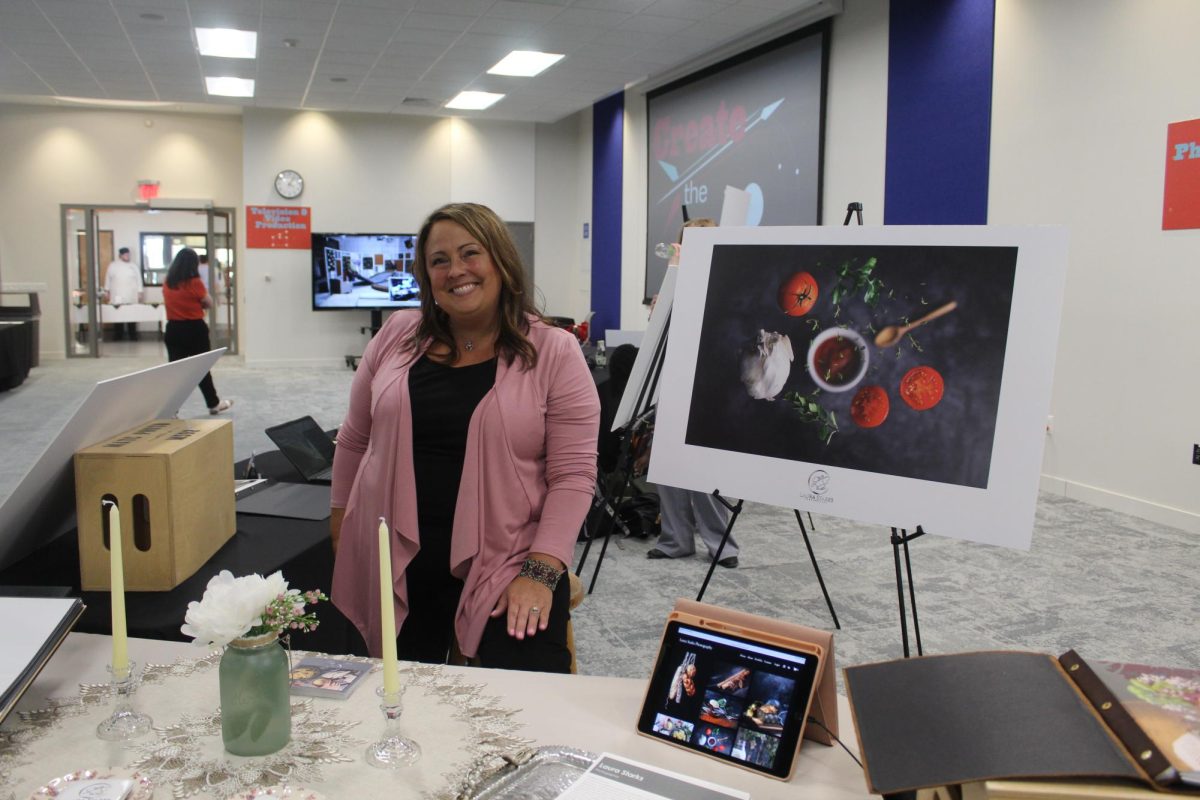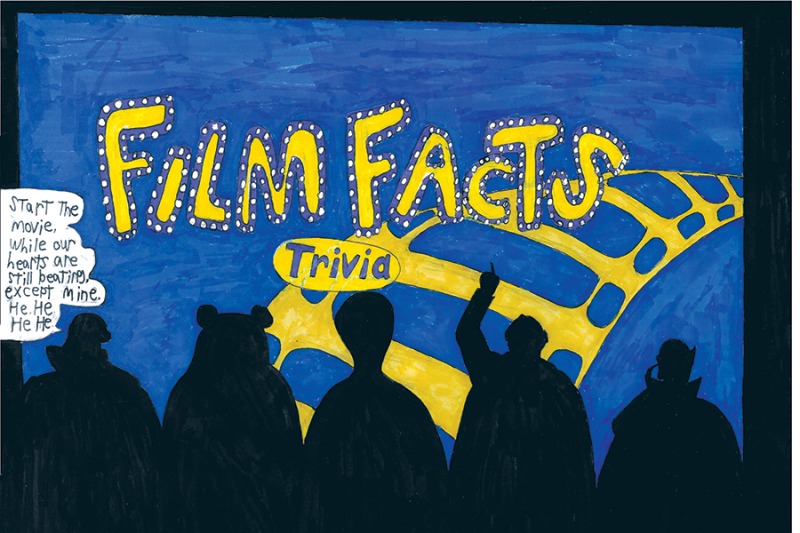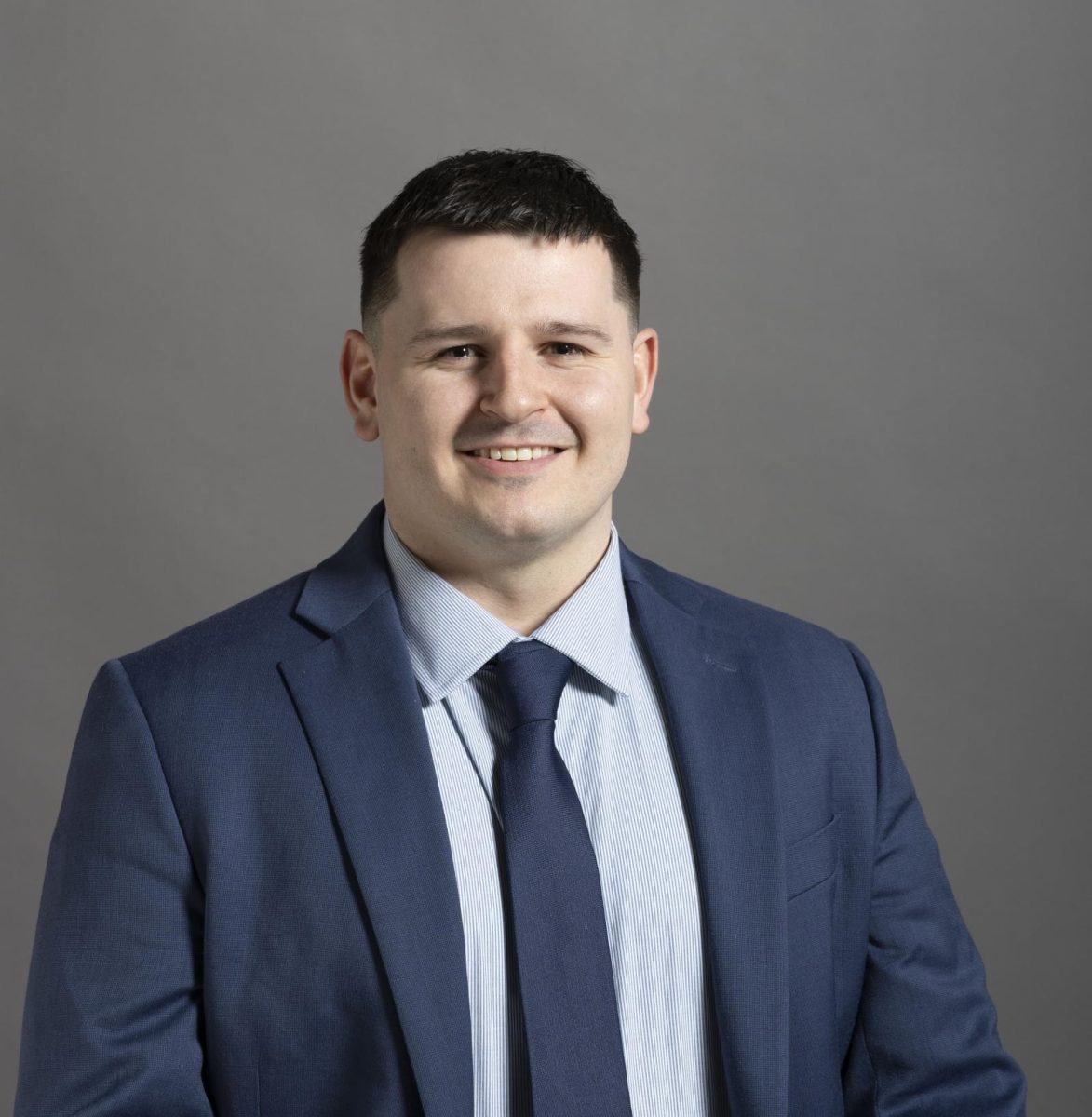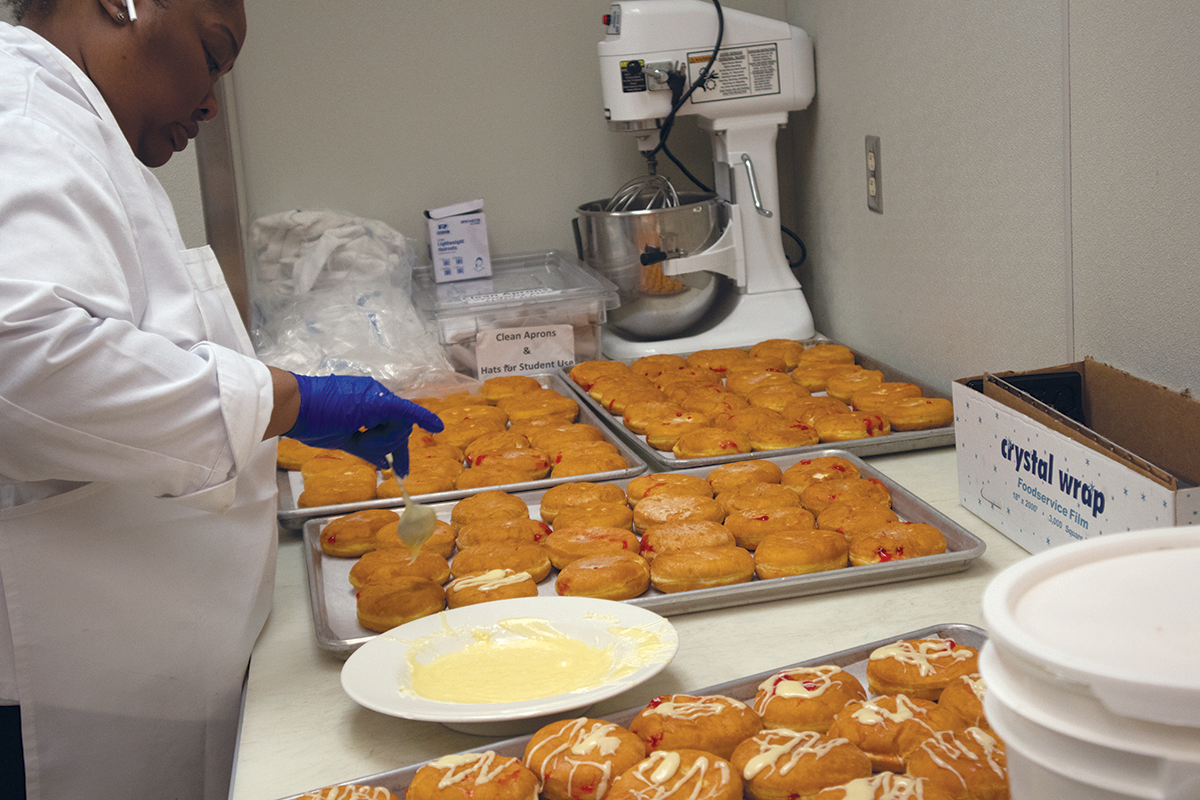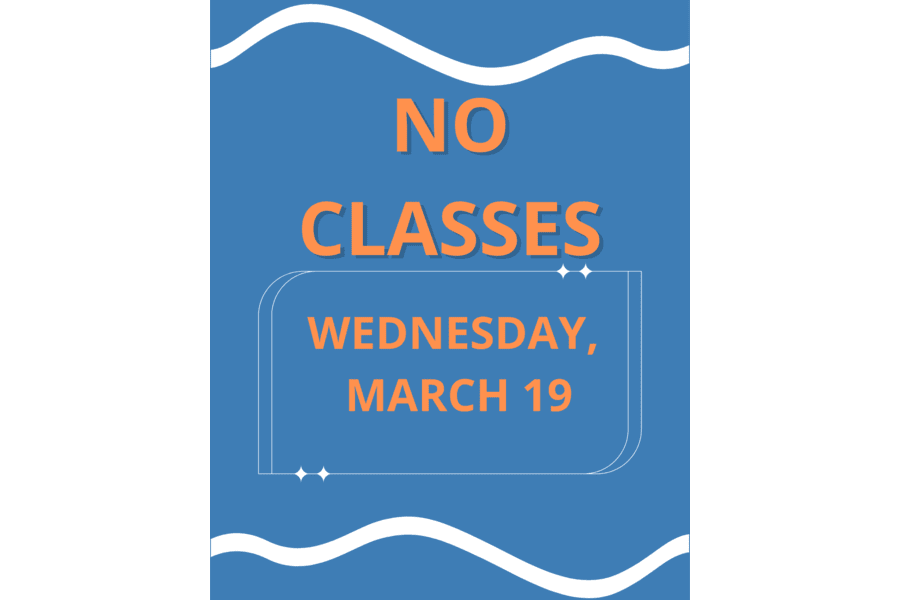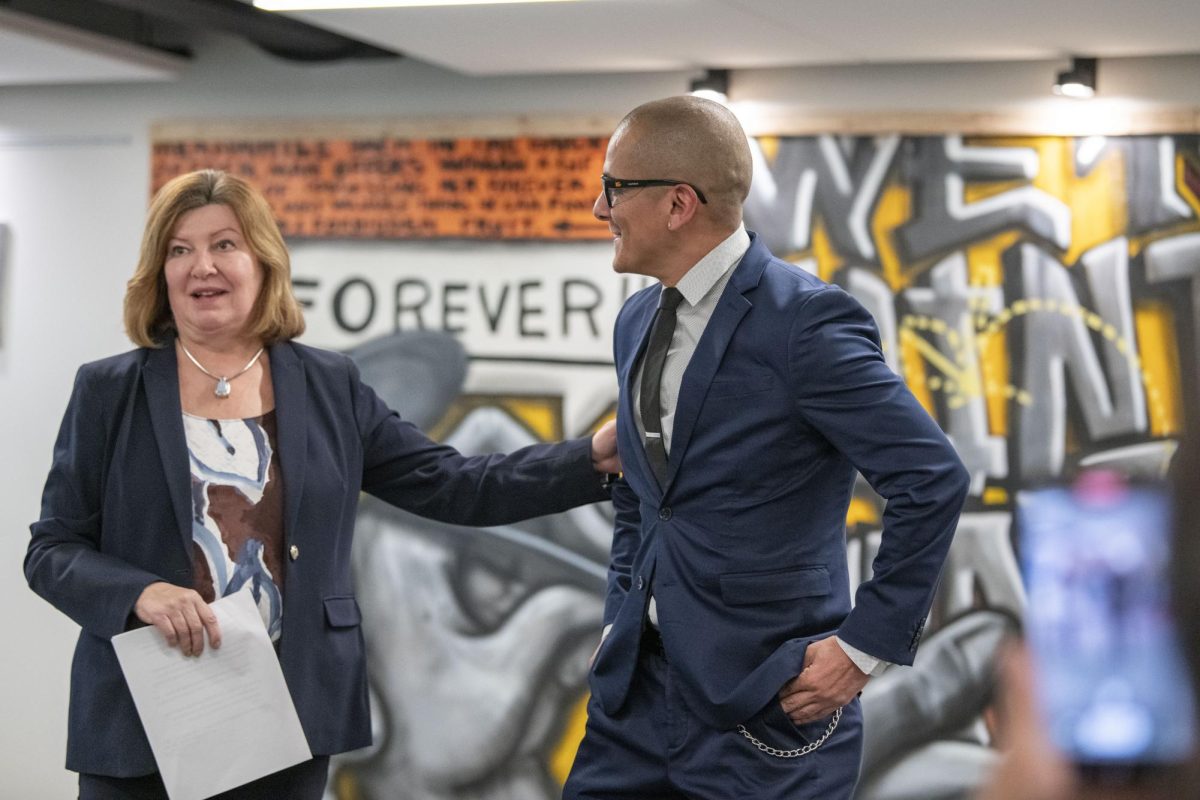At the end of the spring 2013 semester, a pioneering group of students will graduate with an associate degree in Human Resources, a watermark for the human resources industry as well as for MATC and the state of Wisconsin.
It may be surprising to hear that, until a couple of years ago, there was no human resources program in any college in Wisconsin. As the understanding of the role, as well as the importance, of a human resource practitioner within a business grew however, so did the need for education within the field; a realization Jacqueline Cook came to when she left WE Energies after more than 30 years of work and came to MATC.
Now the coordinator of the HR A.A.S. degree program, Cook looks back and says creating a department from scratch almost single handedly wasn’t easy, but she knew from the moment she arrived that it was necessary. Cook was hired at MATC for management development and business administration but, upon taking a closer look, she was surprised that there was no business ethics program or associate degree for business ethics. She’s happy to say that MATC now has both. Cook completed the process to create a degree program in 10 months, a process that typically takes 18 to 24 months to complete. Cook believes it was more than simply hard work that enabled this. “When something is designed appropriately and truly ordained and meant to be, I believe it happens,” she says.
In most fields, people are unsure of their future as they prepare to leave college and enter the workforce. But, because of Cook’s time in the field and relationships she’s made with important people, the soon-to-be graduates seem confident that they will be able to secure a job directly out of school. Justin Douglas, president of the Human Resources Student Organization, is in his second semester of the program. As he readies himself to enter the job market Douglas understands the value of the program, as well as what Cook has done to deliver success to her students. “Miss Cook has been working with a lot of leaders in the industry around Milwaukee to set up internships and develop students who have the skills, knowledge and ability to get a job.”
Thanks to Cook, Douglas is no stranger to the work of creating relationships with people in the field. He has worked closely with Cook to create an articulation agreement with Wisconsin Lutheran College so that Glynda Young, secretary of the Human Resources Student Organization, can apply 56 of her already earned credits to her next degree.
This is one agreement of several that have recently been made between other colleges. Thanks to agreements like this, students know they have options when they graduate from MATC. Cook says, “I’m always talking to my students about understanding that everything you’re doing is strategic, and your partnerships should be those that you can leverage to get a ‘win win’ not only for you but for that organization that you’re being involved in.”
Cook thinks not only about jobs when teaching her students, she also tries to teach students that the skills they learn here will go anywhere. “When we look at an organization, we understand that it should have a mission, a vision, a philosophy, values, culture, and develop strategic goals. As individuals, we should do likewise.”
Cook believes that in an industry where relationships are so integral to the success of the individual and the company they are involved with, it is very important to let her students go as better people with a set of values; values that they maybe didn’t have when they first stepped into her classroom. It’s for this reason some students have nicknamed her “The Beast” as a term of endearment. She tries to teach that, regardless of the job you’re in, you leave there having left a mark and that mark should work to create a reputation for your own success. Cook says, “I believe accountability is very important.”
Cook added, “I personally couldn’t have survived in the industry if I did not understand process, protocol, and the need for accountability.”
“I try to make sure that I’m not too rigid, that I’m respectful, that I have integrity, and I’m honest. Being that I teach HR, validity, consistency, reliability, all of those things are very important. I think sometimes students underestimate that.”
For Cook, it’s been a challenge that’s been bittersweet.
In the end, however, she knows that being able to teach something she is still so passionate about has a value you can’t put a dollar sign on.
For anyone already in the HR program or any business student interested in joining the Human Resources Student Organization, contact Jacqueline Cook at [email protected].
A first wave of Human Resources students prepare to enter the workforce
Human Resources program graduates first students
April 24, 2013







